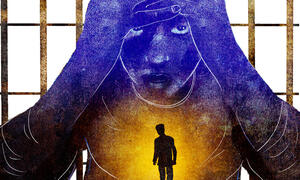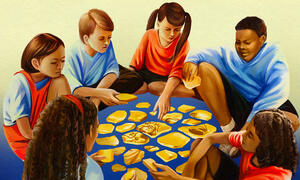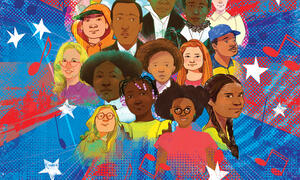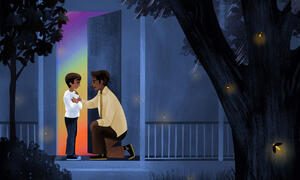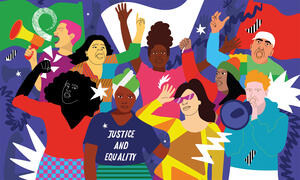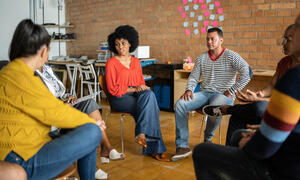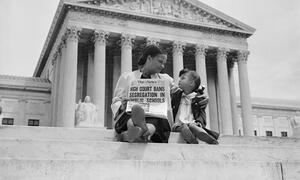Join the conversation on priority social justice, civics and democracy issues and find resources, suggestions and news.
Dialogue Across Difference
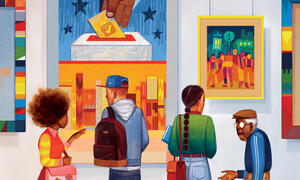
Dialogue skills can develop foundational capacity for civic engagement and collective action to strengthen our democracy. The heart of dialogue is not in speaking to convince but rather in active listening and questioning to understand one another.
